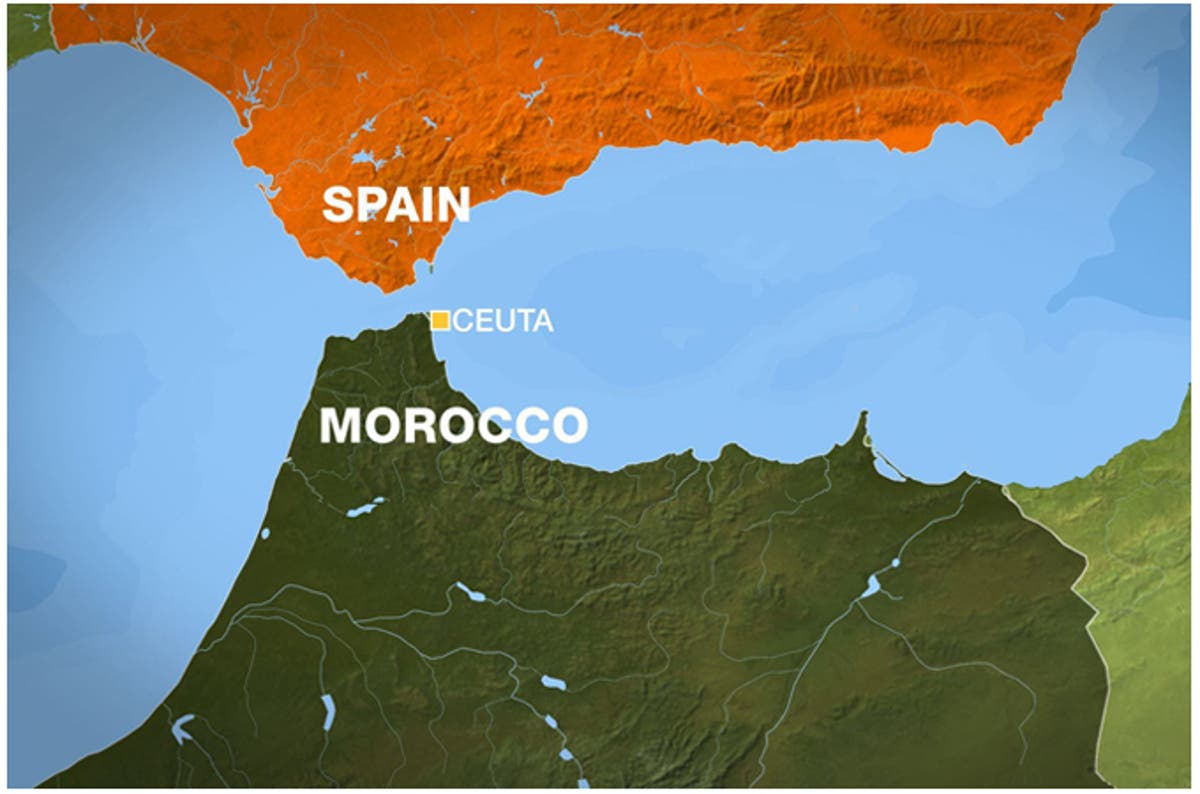A tug of war is straining relations between Madrid and Rabat, more than two weeks after tensions erupted over Spain’s decision to receive for medical treatment the leader of the Algeria-backed Polisario Front.
Earlier in April, Spanish officials revealed that Brahim Ghali, 73, is hospitalised in Spain for treatment of COVID-19.
- Nigeria; a nation in dire need of patriots
- Tipper drivers block major Onitsha road to protest accidental death
Ghali heads the Algeria-backed Polisario Front.
His presence in Spain has angered Morocco which has accused the Spanish government of endangering relations with Rabat.
In a response to a strongly-worded statement by the Moroccan Foreign Ministry, Spanish Foreign Minister, Arancha Gonzalez Laya, said Spain had “nothing to add to what has been said” regarding Ghali’s case.
The Moroccan Ministry of Foreign Affairs issued a strongly worded statement rejecting Madrid’s justifications for the decision to receive Ghali.
The ministry said that the failure of the Spanish authorities to inform their Moroccan counterparts of Ghali’s hospitalisation was not a “simple omission but rather a premeditated act, a voluntary choice and a sovereign decision by Spain, of which Morocco takes full note.”
Unconvinced by the “explanations” given by Madrid, Rabat does not believe in the “humanitarian considerations” put forward by the Spanish Foreign Minister to “justify this negative attitude.”
This “does not justify the manoeuvres plotted behind the back of a partner and a neighbour,” the ministry argued.
Spain’s National Court, which deals with serious cases of terrorism and fraud, has summoned the Polisario leader to appear on June 1 to answer allegations of torture.
Meanwhile, a Sahraoui woman, Khadijatou Mahmoud, urged the Spanish judiciary to activate a search warrant against the Polisario leader.
Khadijatou said she was raped in 2010 by Ghali, who was then the separatist front’s representative in Algiers, whom she sued at a Spanish court the same year.

 Join Daily Trust WhatsApp Community For Quick Access To News and Happenings Around You.
Join Daily Trust WhatsApp Community For Quick Access To News and Happenings Around You.


